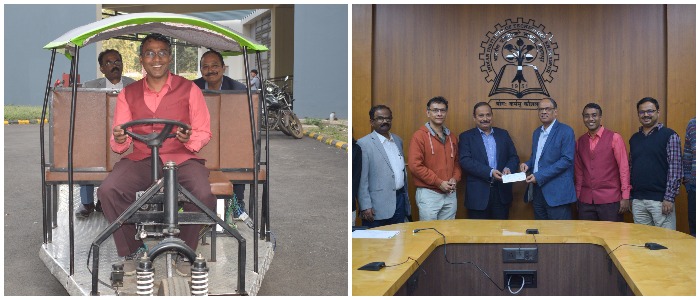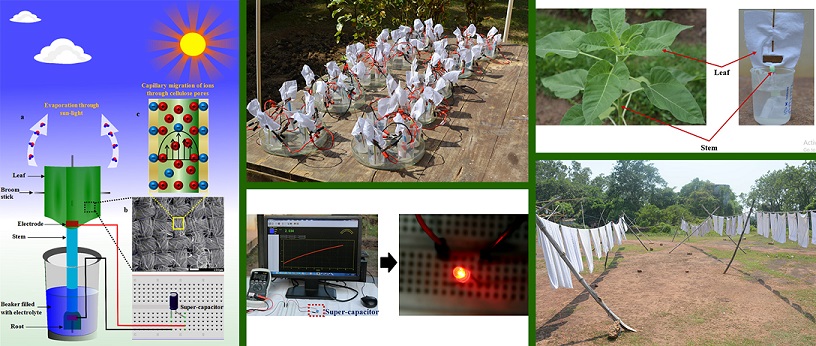
IDBI Trusteeship CSR Funding for IIT KGP’s Electric Vehicle
IIT Kharagpur gets CSR Funding from IDBI Trusteeship for Developing Light-Weight Parts for Indigenous Three-Wheeler Electric Vehicles The Week Outlook India TV Business Standard Economic Times Hindustan Times Gadgets Now DevDiscourse UNI IDBI Trusteeship Services Ltd. has given a fillip to IIT Kharagpur’s Deshla electric vehicle project through its Corporate Social Responsibility programme. This funding will be used towards the design and development of aerodynamic body panels and light-weight structures for next-generation electric three-wheelers. Electric vehicles need to match…

